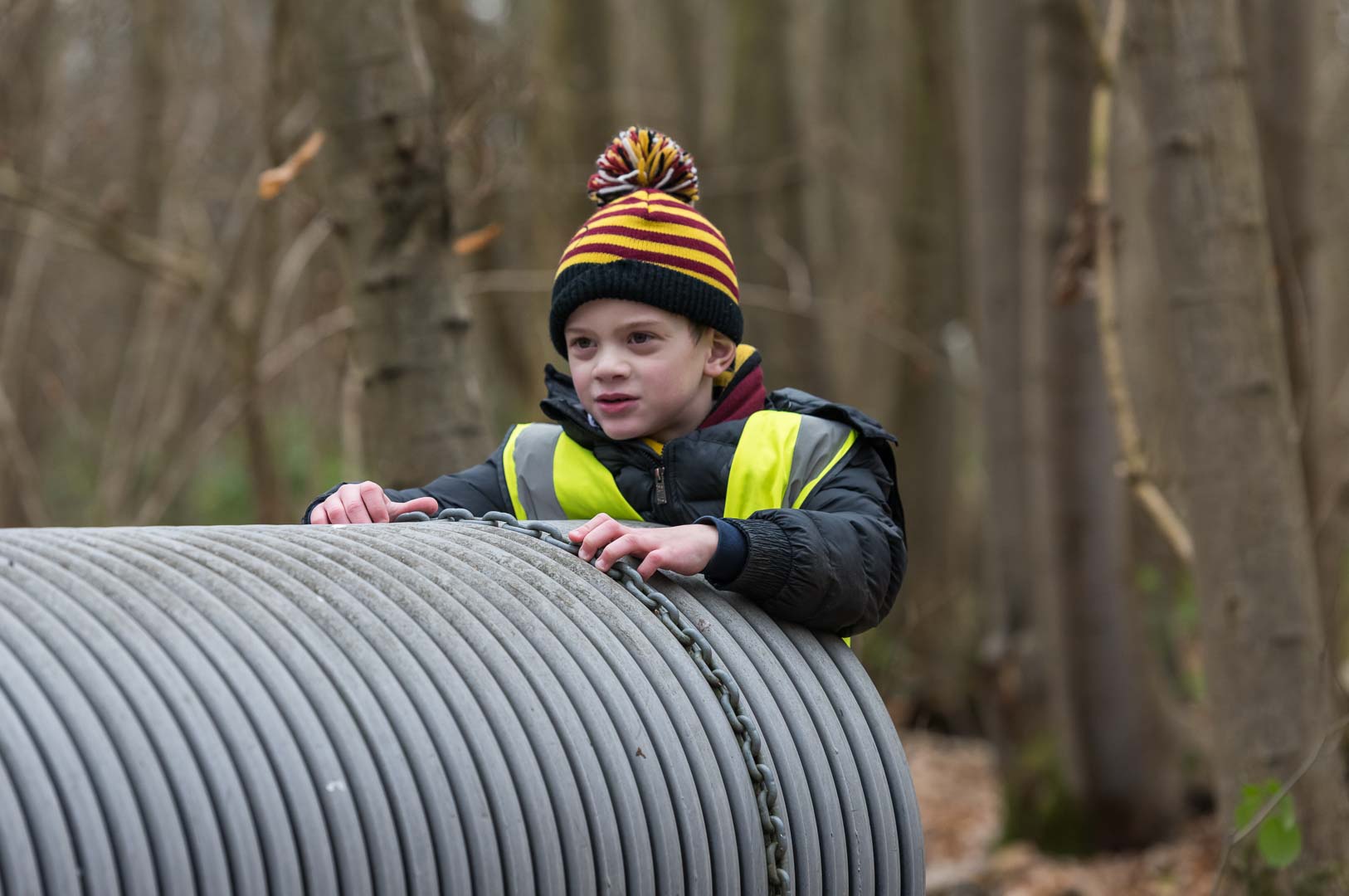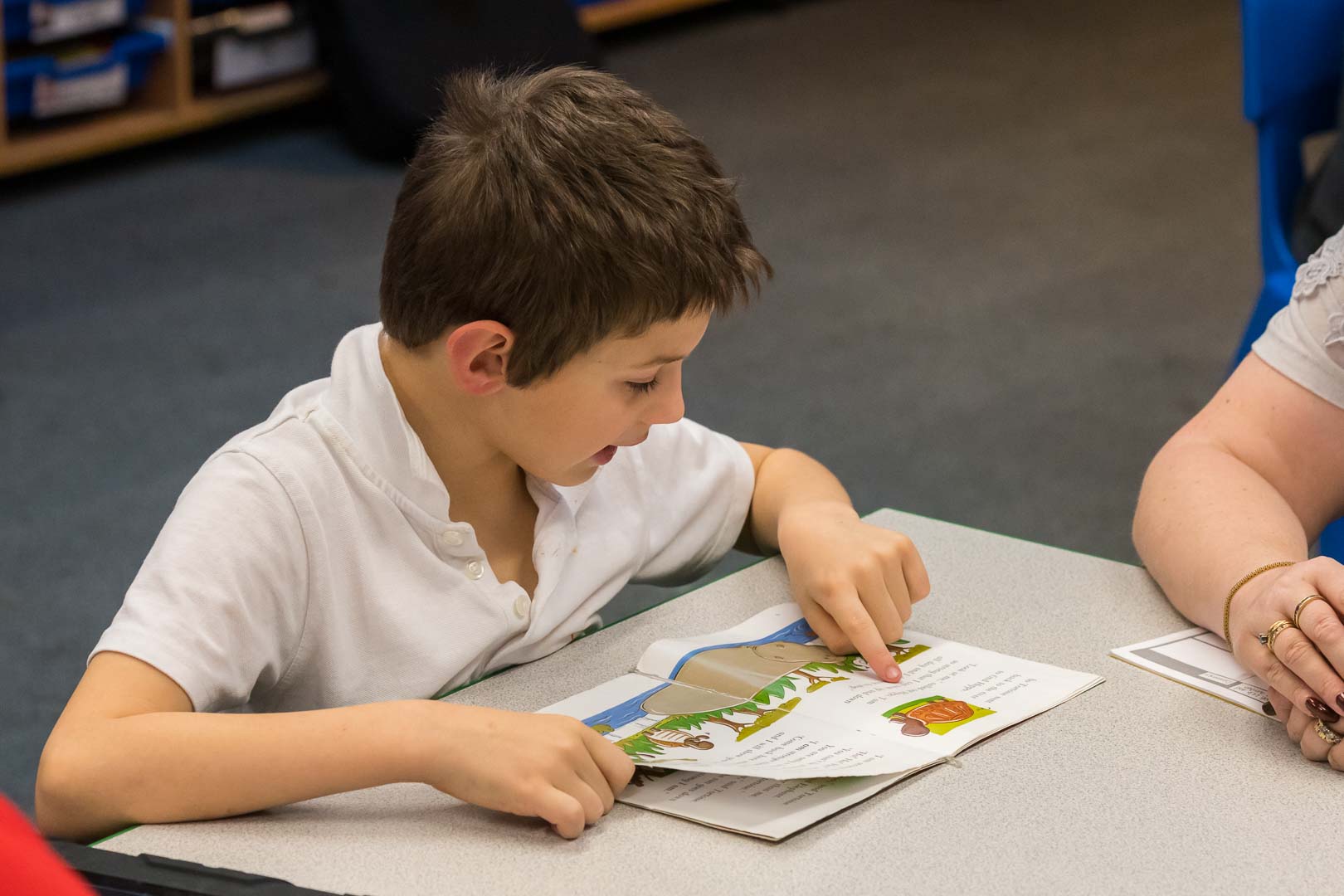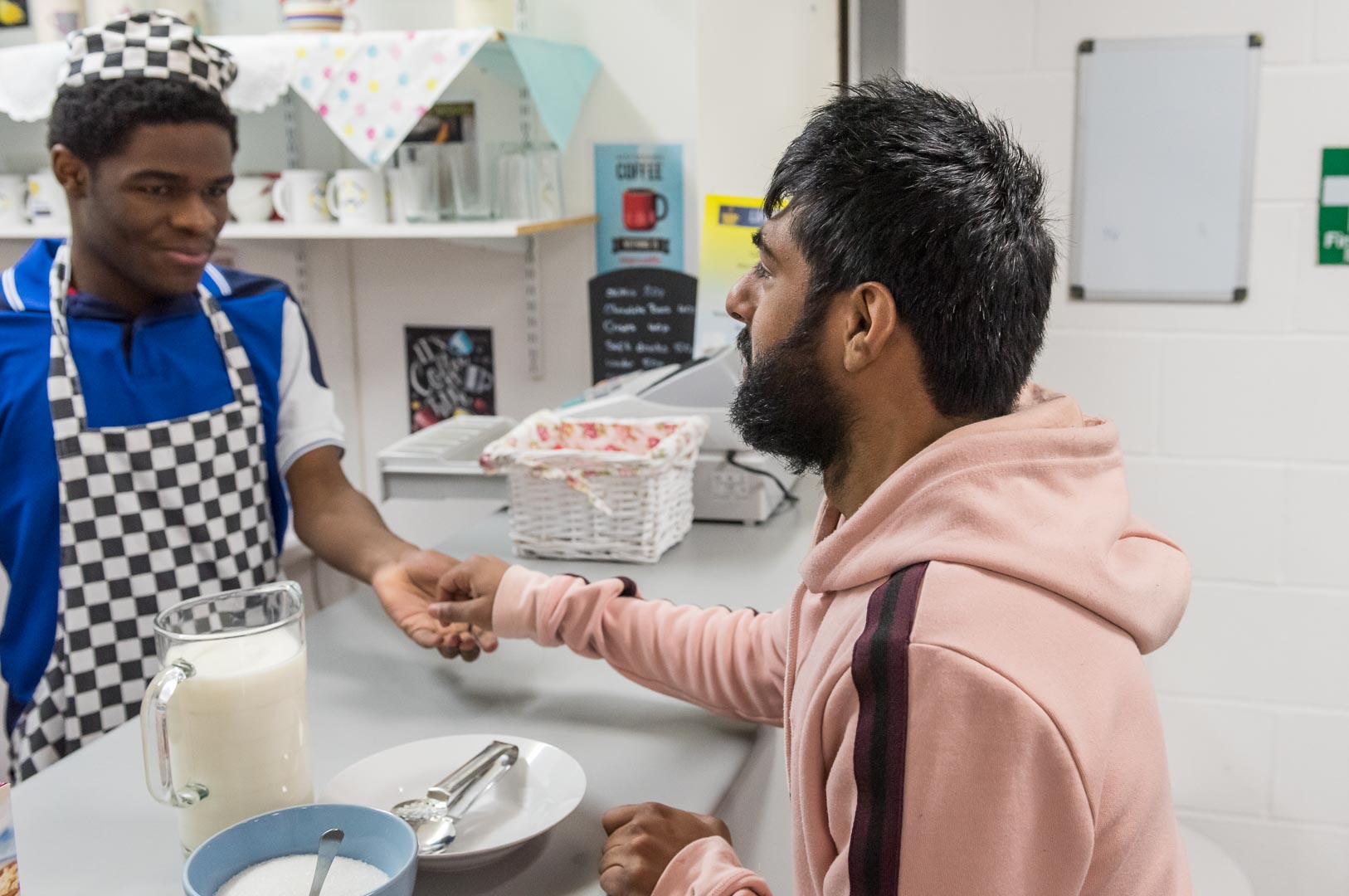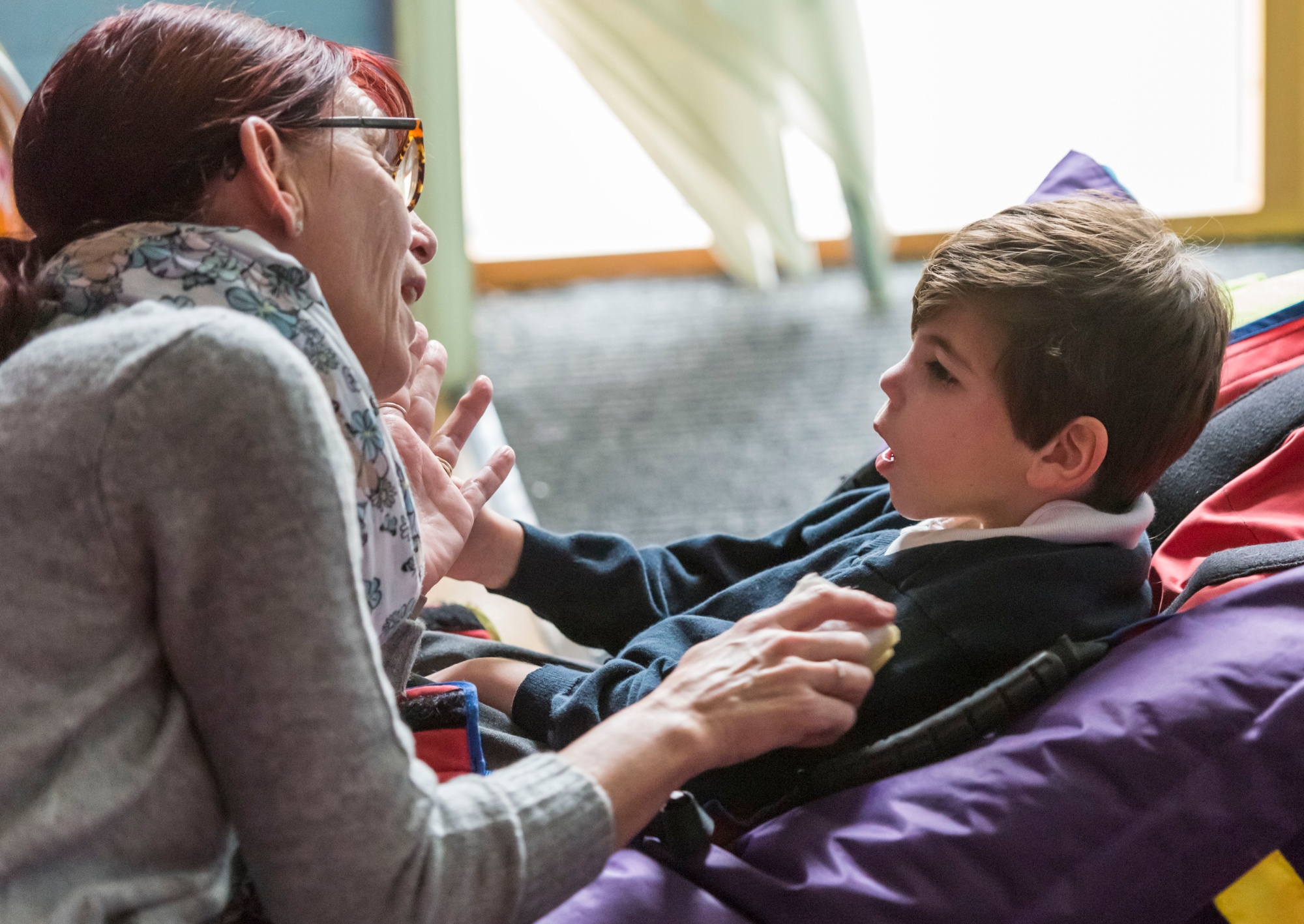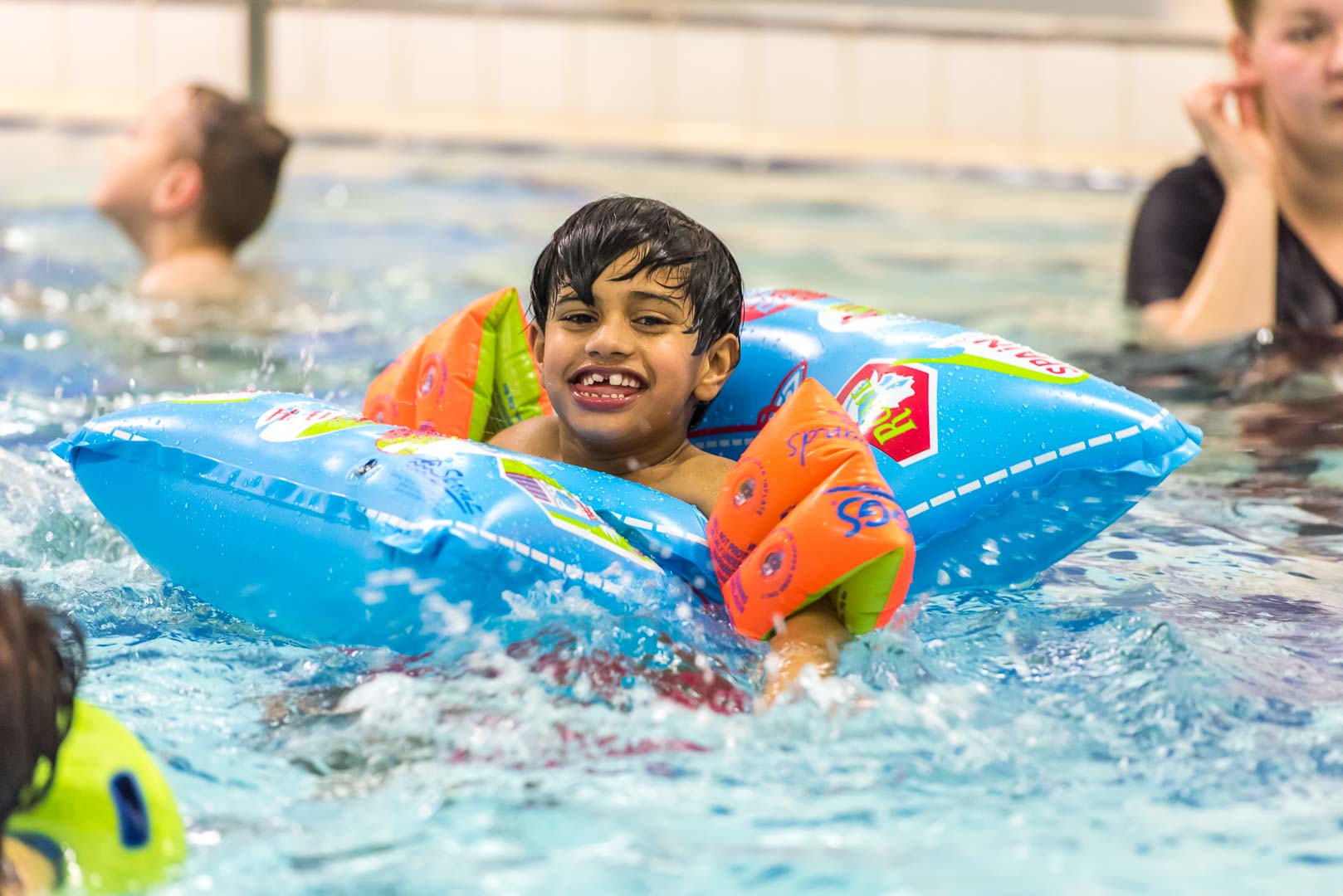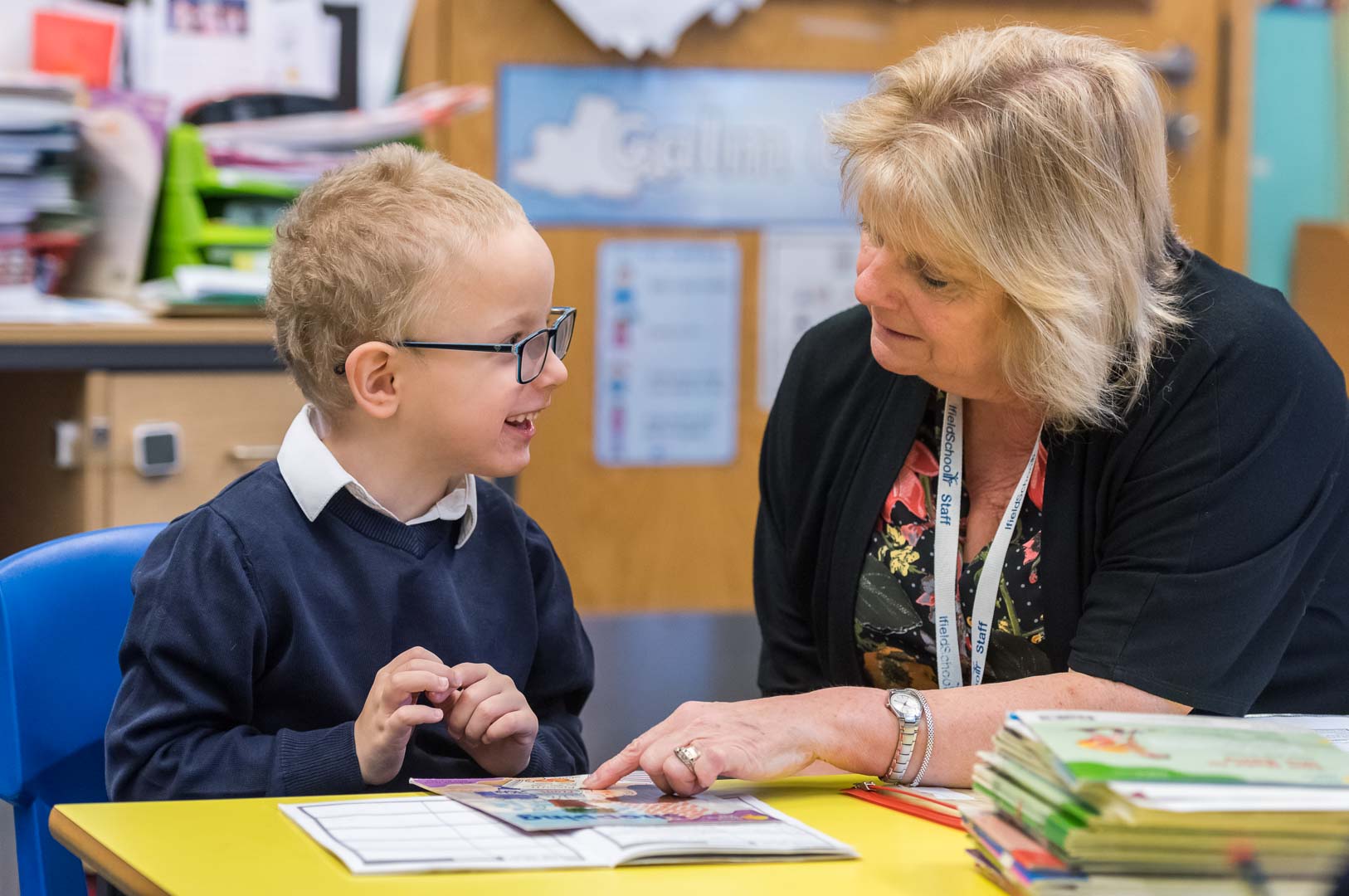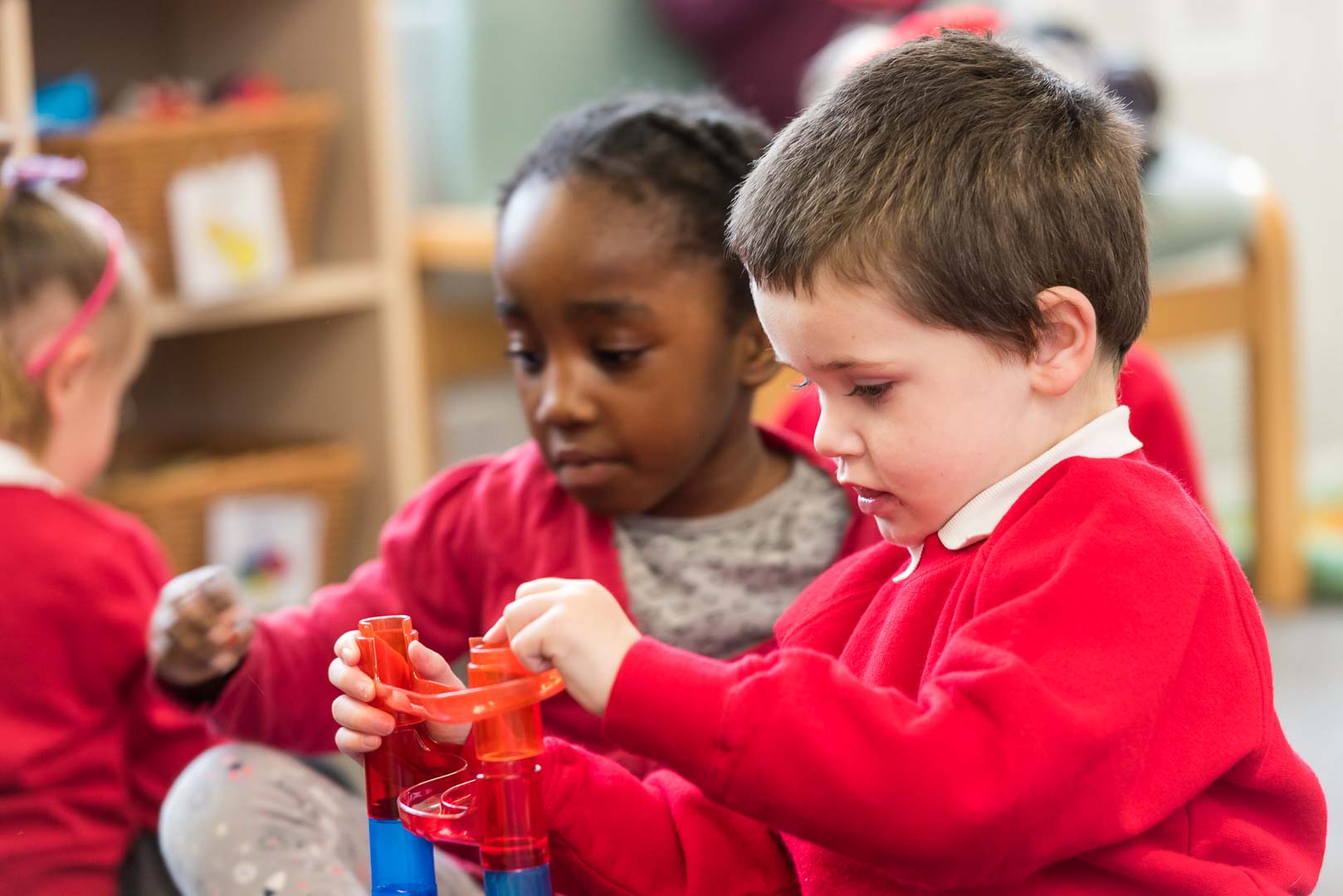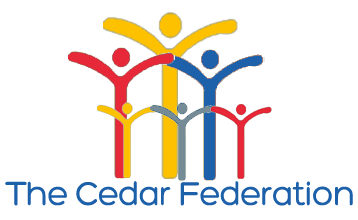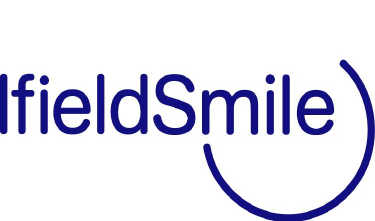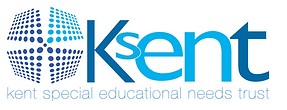At Ifield School, pupils experience and access a range of educational platforms and approaches, that are adapted to meet individual needs in the delivery of their personalised curriculum. This enables our pupils to engage in all aspect of their education in a cross-curricular, integrated and connected way, from Year R to Year 14.
Pupils at Ifield are in mixed-age-group classes and engage in their learning through a range of topic themes used across The Cedar Federation.
Pupils currently experience a rolling programme for two or three years to ensure that they experience and embed a wide range of learning, capture a breadth of knowledge and acquire important skills as they progress throughout the school.
Early reading and literacy skills are identified and developed through an adapted approach known as Foundations for Literacy, devised in conjunction with our Lead Speech and Language Therapist. This recognises and supports pupils to develop their experiences and understanding across the school.
Pupils who are developmentally ready to participate in subject specific learning will also engage in the sequential and systematic phonics approach, Little Wandle.
Foundations for Maths is Ifield’s approach to the development of mathematics skills which has been developed alongside our Lead Speech and Language Therapist. Pupils will experience maths through continuous provision and in a range of different contexts. For those pupils engaging in subject specific learning will also develop their mathematical knowledge and skills through the sequential Numicon programme.
These approaches complement our other, equally important frameworks for the development of life skills, such as career’s education, relationship and sex education, personal, health and economic development, religious education and of course our plethora of accredited courses.
Life at Ifield is designed to help our pupils achieve our aims and values and prepare them for their lives when they leave school. We endeavour for our pupils to have meaningful, rewarding lives where they can benefit from, and contribute towards, being successful members of their community and society as a whole.
Our pupils learn at different rates and in different ways. Teachers make certain that each pupil accesses learning that is most purposeful and relevant to them.
Pupils’ learning is enhanced by memorable experiences. They learn to be resilient, to value themselves and others, to demonstrate respect towards others and others’ ideas, and to respond to high expectations of them and challenge themselves. We want to inspire pupils to have determination and courage.
Our excellent network of support, between staff, parents and other professionals, enables pupils to succeed. Success is important to every pupil, parent and member of staff and to have that success recognised encourages further achievement.
Intent
At Ifield School, we intend for all pupils to learn more, know more and do more, so that they achieve their very best in all aspects of their life and learning.
At all key stages the intent is to design and provide a highly motivating, ambitious and engaging curriculum and environment in which pupils can achieve and make progress based on their assessed levels and next steps in a personalised way. For all pupils the curriculum is meticulously designed to ensure that as adults they have developed and achieved the skills that will enable them to have the greatest level of independence, achieve their best and become lifelong learners. All pupils are entitled to a broad and balanced curriculum, which includes English and mathematics in all pathways which is personalised.
Our curriculum offer build upon and enhances the National Curriculum to enable our young people to be present and successful in their community. At Ifield, learning is facilitated across the school day, in the classroom and specialist resources areas, including hydrotherapy pool, sensory room and swing room. Educational visits and visitors, Ifield School Woodland, community-based learning, residential visits, work experience and careers opportunities enable pupils to develop real life skills in preparation for their futures.
At the heart of Ifield’s ethos is personalisation of a broad and balanced curriculum so that learning is progressive, meaningful and relevant. Pupils in our Sense and Explore pathways develop their skills and knowledge through the seven key areas of learning; communication and language, physical development, personal social and emotional development, literacy, maths, understanding the world, expressive arts and design. Pupils in our Discover and Innovate pathways follow highly personalised and adapted national curriculum frameworks, appropriate for their developmental stage. Provision plans outline how pupils will be supported to achieve their individual EHCP outcomes in consultation with teaching staff, parents, carers, multi-disciplinary professionals. This is to ensure that all pupils are being offered the right support at the right time.
Topics and experiences are carefully planned to ensure that pupils learning is appropriate to their developmental stage whilst respecting chronological age and experience. We have high expectations of pupils’ engagement and outcomes across all pathways.
It is our intention that our pupils will build on their skills and knowledge to develop their communication and language through total communication approach. The foundation for all learning is underpinned by:
- communication, including attention and understanding
- interaction through social connection
- personal, social and emotional development, including regulation
- physical development
Implementation
All pupils in Early Years Foundation Stage (EYFS) follow the Early Steps Framework. During reception year, pupils are allocated to a pathway, which best suits their learning needs, this is continually reviewed throughout their academic career. The four pathways are: Sense, Explore, Discover and Innovate. Teachers work with parents/carers and any linked professionals to target the next key steps in priority areas that include communication and interaction, personal and social development and key skills within the curriculum.
At Ifield, the whole day, from the moment the pupils enter school to the moment they leave for the day is an opportunity for learning, this includes during times such as break times, during personal care and during physical or medical procedures.
At Ifield School, leaders at all levels promote, develop and review the curriculum to ensure it meets the needs of learners in each pathway. Curriculum and leaders support teachers through having expert knowledge of their subject, plan interventions as required and lead training, including specific pedagogical approaches, ensuring any gaps in teacher’s knowledge are addressed. Curriculum leaders are supported by partners, such as STLS, KsENT and access to specialist training courses.
At Ifield School, we understand that all pupils learn differently and at different rates. Consistent and regular exposure to new learning with frequent opportunities for over-learning and repetition to embed knowledge and therefore skills. Teaching and learning looks different for each pathway to ensure it is responsive to pupil’s needs and personalised as required. However, it is our belief that all pupils have equality of opportunity. Teachers use knowledge of prior learning and assessment against learning intentions in each lesson to check pupils’ understanding, ensuring any misconceptions and errors are corrected.
Home learning is encouraged, and this will be different for each pathway. We will foster a love of reading through encouraging families to share books, and other meaningful experiences to build on skills and knowledge being learnt in school. Communication is an essential skill which needs to be developed in all aspects of a child’s life which includes home, school, transport, and in the community. Everybody who interacts with a child is a communication partner and is empowered to develop the child communication. Home learning can include intensive interaction in the bath, singing in the park, commenting and narrating everyday activities and the world around them. This supports and models vocabulary development and acquisition in meaningful and relevant contexts.
All pupils at Ifield School work towards their short term targets and outcomes, as detailed on their Education, Health Care Plan and provision plan. Ifield School implemented a new assessment system, BSquared in September 2022, to reflect the more personalised curriculum in response to the increased complexity of our pupils, so that all progress is captured and celebrated.
For pupils in reception class, engagement and progress will be assessed using the Early Steps Framework. Pupils in Sense and Explore (key stages 1 – 3), will be assessed using the Engagement Steps framework. Innovate and Discover (key stages 1 – 3) pupils’ engagement and progress will be assessed using the Progression Steps framework. Students’ engagement and progress in key stages 4 and 5 will be assessed using the Steps for Life framework.
There are statutory assessments that are completed at the end of each key stage, where appropriate. Within the first 6 weeks that a pupil starts reception, staff will administer the Reception Baseline Assessment (RBA).
Students in Key Stage 4 and 5, have the opportunity to achieve a range of accreditation and qualifications, so that students are prepared for the next steps of their education, employment or life.
The Curriculum Pathways
Ifield School is a Foundation co-educational school for pupils aged 4 to 19 years of age with Profound, Severe and Complex learning needs including Communication and Interaction difficulties. Most pupils have learning difficulties associated with Autism, Speech, Language and Communication and, in addition, some pupils have complex medical conditions. The school has been successfully designated to meet the needs of pupils with learning difficulties and has been awarded Specialist status for Communication and Interaction by the Specialist Schools and Academies Trust. Below is a summary of each Pathway:
Sense Pathway
Pupils within the Sense pathway are those with the most complex needs and are at the earliest stage of communicating their needs to others. They are offered a rich curriculum based on sensory experiences which focus on providing opportunities to develop independent interactions. Sense pupils are learning to build meaningful relationships with others and influence their environment. They are developing strength and mobility to explore their environment through personalised activities. These pupils are beginning to anticipate everyday routines and engage with a variety of people in a wide range of contexts. Sense pupils are supported to realise cause and effect, with their communication choices respected by staff whilst also working towards persistence in preferred activities and tolerance for non-preferred.
Pupils on the Sense Pathway will be assessed using the Engagement Steps Framework. This is broken down into four key areas:
- Communication and Interaction
- Cognition and Learning
- Social, Emotional and Mental Health
- Physical and Sensory
Staff will support pupils on the Sense pathway by:
- Enabling pupils to identify and establish a sense of self to build meaningful relationships with others and influence their environment.
- Offering planned experiences to explore their environment in different physical positions whilst engaging in personalised activities so that they can develop strength and mobility.
- Developing pupil’s anticipation of everyday routines through consistent cueing so that they feel secure and able to access different environments, engage with a variety of people and manage transitions throughout the day.
- Supporting pupil’s realisation of cause and effect so that they are empowered to communicate their choices and have these respected.
- Ensuring that pupil’s experience a wide range of stimuli so that the pupils can persist in preferred activities and develop tolerance for non-preferred activities.
- Providing opportunities so that pupils independently initiate interactions with familiar activities, environments and people.
Interventions and approaches that complement the Sense Curriculum include:
- Intensive interaction, Objects of reference, On body signing, TACPAC, MOVE, Sensory Stories, Hydrotherapy, Gong therapy, Music therapy, Eye Gaze and the Curiosity Programme.
Explore Pathway
Pupils within the Explore pathway are those that benefit from a highly structured environment. Pupils will have the opportunity to understand the curriculum through exploration, child-initiated learning and community involvement. There will be opportunities for class-based learning as well as developing communication and interaction skills. These pupils will have the opportunity to access the wider curriculum through cross-curricular activities. Pupils will have an opportunity to work 1:1, as well as in small groups with highly motivating resources to engage in activities that build relationships with other and create communication opportunities. In addition to adult directed learning, children have lots of opportunities to explore their own interests and the environment with additional adult scaffolds to promote pupil engagement.
Pupils on the Explore Pathway will be assessed initially using the Engagement Steps Framework and progress to the beginning of the Progression Steps Framework.
Staff will support learners on the Explore pathway by:
- Enabling pupils to identify and establish a sense of self to build meaningful relationships with others and influence their environment.
- Offering planned experiences to move them from their own interests to build joint attention skills so that they can engage in learning for longer periods of time.
- Ensuring pupils have a structured environment with a consistent routine so that pupils can anticipate, prepare and engage in learning.
- Developing pupil communication through visual supports so that they can make their wants and needs known to others.
- Providing opportunities for pupils to communicate their preferences and then respond to these positively.
- Building pupil experiences so that they can have opportunities to learn outside their interests whilst regulated and feeling safe.
- Working alongside pupils during child-initiated activities so that they can scaffold and model play behaviours, language and social skills.
Interventions and approaches that complement the Explore curriculum include:
- Attention Autism, Augmentative and Alternative communication, SCERTS, Sensory Circuits, Chatterbugs, Communication Boards, Makaton, PECS, Sensory stories and TEACCH.
The Engagement Steps Framework is broken down into four key areas:
- Communication and Interaction
- Cognition and Learning
- Social, Emotional and Mental Health
- Physical and Sensory
Discover Pathway
Pupils within the Discover pathway are those who require a curriculum that has a high emphasis on functional learning, promoting independence and increasing confidence. This flexible curriculum allows pupils an opportunity to engage in learning through their individual interests, as well as first-hand experiences in the classroom and in the community so that learning is meaningful and purposeful. This motivational approach helps to build their social skills and communication with others, which allows them to develop functional language and a level of independence which will allow them to contribute actively to society.
Pupils on the Discover Pathway will be assessed using the Progression Steps Framework, which is broken down into subject specific areas.
Staff will support learners on the Discover Pathway:
- Having secure subject knowledge so they can teach well sequenced lessons that inspire, motivate and challenge pupils to make across the curriculum.
- Providing resources, chunking learning and giving appropriate scaffolds so pupils can understand simple instructions and work towards working independently.
- Creating a stimulating and safe environment with a consistent routine so pupils engage with structured, meaningful learning activities that develop core skills and knowledge so that pupils make good or better progress as well as developing functional knowledge and skills.
- Ensuring that pupils have opportunities to consolidate their knowledge and skills, before actively using and applying these in real life situations.
- Developing collaborative learning opportunities for pupils to develop their social communication and resilience when working alongside others.
Interventions and approaches that complement the Discover curriculum include:
- Attention Autism, Colourful Semantics, Clicker 7, Cued articulation, Lego Therapy, SCERTS, Social Stories and Zones of regulation.
Innovate Pathway
The Innovate pathway is an academic curriculum for life and learning with resources, prompts and manipulatives acting as scaffolds. This pathway will cater for pupils who require a curriculum that is based upon access to a revised National Curriculum. Pupils will work within a safe and stimulating environment where they will develop a positive attitude towards learning and resilience so that they are able to challenge themselves to know more, do more and remember more. At Key Stage Four and Five, there will also be the opportunities to develop the skills.
Pupils on the Innovate Pathway will be assessed using the Progression Steps Framework, which is broken down into subject specific areas.
Staff will support pupils on the Innovate Pathway by:
- Having secure subject knowledge in order for them to teach well sequenced lessons that inspire, motivate and challenge pupils to make progress across the curriculum.
- Providing resources, prompts and manipulatives to scaffold their learning, alongside overlearning and repetition to ensure that learning needs are met so they can work independently.
- Developing high expectations within a safe and stimulating environment so that pupils develop positive attitudes towards learning and develop resilience so that they can challenge themselves to know more, do more and remember more.
- Using formative and summative assessment to plan lessons and targeted interventions that build on prior knowledge, reflect on the progress made and address gaps in knowledge and understanding.
- Adapting teaching with an awareness of pupils physical, social and cognitive stages of development so that learning is appropriate to all pupils.
Interventions and approaches that complement the Innovate curriculum include:
- Colourful Semantics, Lego Therapy, Social Stories and Zones of Regulation.
Therapeutic Interventions and Approaches
An intervention, in this context, refers to a targeted piece of work to support an identified need for a pupil, it is time limited and has an intended outcome. An approach refers to a strategies and techniques staff use within learning activities to achieve a better outcome.
Attention Autism is a Speech and Language Therapy intervention aimed at developing natural and spontaneous communication through the use of visually based and highly motivating activities. There are 4 stages to develop developmental attention skills from gaining attention, to shifting, and transitioning between activities.
Augmentative and Alternative Communication are available to support pupils’ spoken language, they can be low tech, light tech or high tech. Low tech AAC includes photos and symbols. Light tech devices include battery operated equipment such as a Big Mack or Go-talk. High-tech devices include computer-based software packages such as Grid for iPad or Proloquo2go on an iPad or other tablet.
Blank’s Levels of Questioning aims to develop pupils’ verbal reasoning and abstract language capabilities through targeted levels of questioning.
Chatterbugs, known as Chatty Friends within the Secondary Department and Sixth Form is a small group intervention to support the development of attention and listening, turn taking and early vocabulary. As the programme progresses, language games and storytelling activities are introduced.
Colourful Semantics is a system for colour coding sentences to support understanding and expressive language. Each word type has an associated colour, for example all ‘who?’ words are orange and all ‘doing?’ words are yellow. It supports grammar and the semantics of words and sentences.
Clever Fingers is a fun and highly motivating occupation therapy intervention designed to help pupils develop fine motor skills.
Clicker 7 is a computer software that is used to support language development. Pupils can construct their own sentences using prepopulated word banks. Once a sentence has been completed the pupils will hear their work read aloud, providing the opportunity for self-correction.
Communication Boards and Books are visual supports which support spoken communication. A communication book is categorised into topics for easy navigation and includes photos and symbols. They act as a shared method of communication between the pupil and communication partner and provide structure to spoken language.
Cued Articulation is a set of hand cues for teaching the individual sounds in a word. Each hand movement represents one sound and the cue gives clues as to how and where in the mouth the sound is produced.
Curiosity Programme is an approach designed to create curiosity about the world, nurturing communication and fostering interaction through shared, joyful, meaningful time spent with a communication partner.
Dough Disco is a fun activity which combines the use of playdough with a series of finger exercises designed to develop fine motor control.
Eating and Drinking Developing and maintaining safe eating and drinking skills is an important part of learning and developing life skills. Pupils are supported through a mealtime passport, this document details all the strategies to support the pupil at mealtimes, including any texture modification or specialist equipment required.
Eye-gaze is a highly specialised technology that allows our pupils to access computer software using their eye-gaze. The pupils are able to practice a range of skills to support their communication including image tracking, cause and effect and choice making.
Fun with Food desensitises the child to food smells and textures, to help prepare the pupil for eating and to assist in developing a positive attitude to food.
Gong Therapy is a form of sound therapy in which a gong is played softly for the purposes of relaxation.
Intensive Interaction is an approach for pupils who are at the early stages of communication development. It is child-led and helps pupils to develop the Fundamentals of Communication, this includes learning how to connect and engage with another person.
Lego Therapy aims to develop social skills including; turn taking, sharing, problem solving, team work and conflict resolution. It also helps to support language development including; attention and listening, asking questions, seeking clarification, developing language concepts including prepositions and vocabulary including colour/ size/ shape etc.
Makaton is a signing system which is used alongside spoken language. Key words are signed to support communication needs in a range of learners. Makaton signs can be used to support understanding and expressive communication difficulties. Key signs are used alongside speech throughout the school day, during lessons and other activities. Many pupils will join in with signs during daily songs and greeting activities.
Objects of Reference are objects which are used to help pupils anticipate and prepare for different activities throughout the day. For example, allowing the pupil to explore a pre-recorded sound of children playing outside to represent playtime.
On Body Signing is a set of touch cues designed to support understanding by helping the pupil anticipate a transition between locations, activities or movement.
PECS is a Picture Exchange Communication System designed to help learners understand the need to initiate communication with others. Initially, pupils learn to give a symbol card to a communication partner in order to receive a motivating object. At later stages, they learn to form simple sentences and develop other types of sentences in addition to requests including ‘I see’ or ‘I hear’.
PELICAN aims to Promote Emotional Literacy in Children with Additional Needs by using a short, visual story demonstrating the PELICAN framework and running a 12 week intervention with activities and resources to develop awareness and understanding of pupils’ emotions and feelings.
Rebound Therapy is the use of the trampoline to develop confidence in movement, motor skills, body awareness, balance and co-ordination. It promotes positive relationships and builds self-esteem, confidence and independence and opportunities for communication.
SCERTS is a framework which supports pupils with ASD to develop their skills in Social Communication and Emotional Regulation through the use of Transactional Supports. Transactional supports include how the classroom environment is set up and how adults can provide visuals to enhance opportunities for communication.
Sensory Circuits are a combination of spoken words and sensory stimuli. They are a fun and engaging way of telling a narrative that meets the needs of all learners. Sensory stories bring the words to life through a multi-sensory approach ensuring the learners are active participants. It also promotes turn taking, anticipation and learning to wait.
Sensory Diet is a personalised plan of physical activities and strategies to help a person meet their sensory needs. This plan provides the sensory input needed to stay focused and organised throughout the day, this can include Sensory Circuits.
Sensory Stories are a combination of spoken words and sensory stimuli. They are a fun and engaging way of telling a narrative that meets the needs of all learners. Sensory stories bring the words to life through a multi-sensory approach ensuring the learners are active participants. It also promotes turn taking, anticipation and learning to wait.
Social Stories are individualised short stories that provide information on a specific social situation. They are used to teach communication skills through the use of precise and sequential information about everyday events that the pupil may find difficult or confusing. They can be used to provide information and reduce anxiety.
Speech Sounds During speech sound interventions, specific sounds or groups of sounds are targeted. Pupils learn to listen to the difference between their production of the sound and the correct way it should sound. The pupil’s ability to produce sounds correctly is gradually developed through a small-steps approach working on sounds in isolation, in words and in sentences.
TACPAC draws together touch and music to create a structured sensory communication between two people to support sensory alignment.
Talkabout supports pupils to learn specific social skills. Activities such as role play and discussions are used with support from the class team to develop pupils’ self-esteem, expressive language skills and appropriate communication skills such as listening, turn-taking and conflict resolution.
TEACCH uses visual structures to organise the environment and tasks when teaching skills being broad-based, ie support people at work, teach skills but also ensure that people are supported during leisure and/or social activities being flexible and teaching flexibility.
Visual Supports are created to promote engagement and provide structure and predictability. Visual timetables are used in class to support transitions. Micro-schedules can promote independence with daily living skills such as dressing and personal care.
Zones of Regulation develops an awareness of feelings, energy and alertness levels while exploring a variety of tools and strategies for regulation, prosocial skills, self-care, and overall wellness.
If you require additional information regarding the curriculum then please contact the school via the details here.

